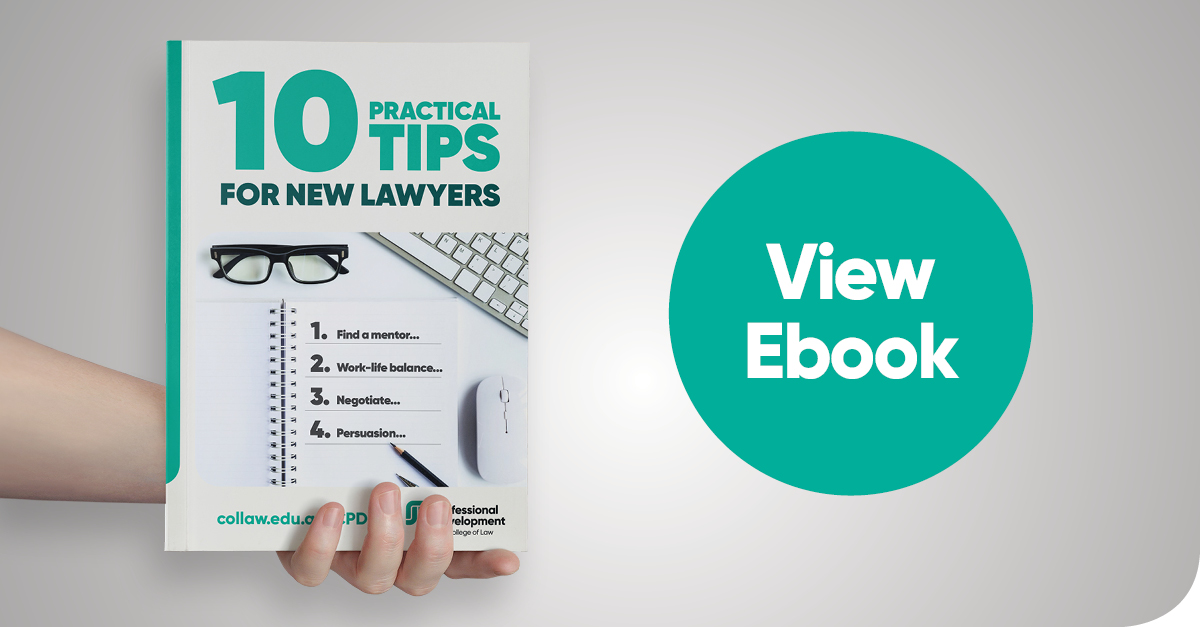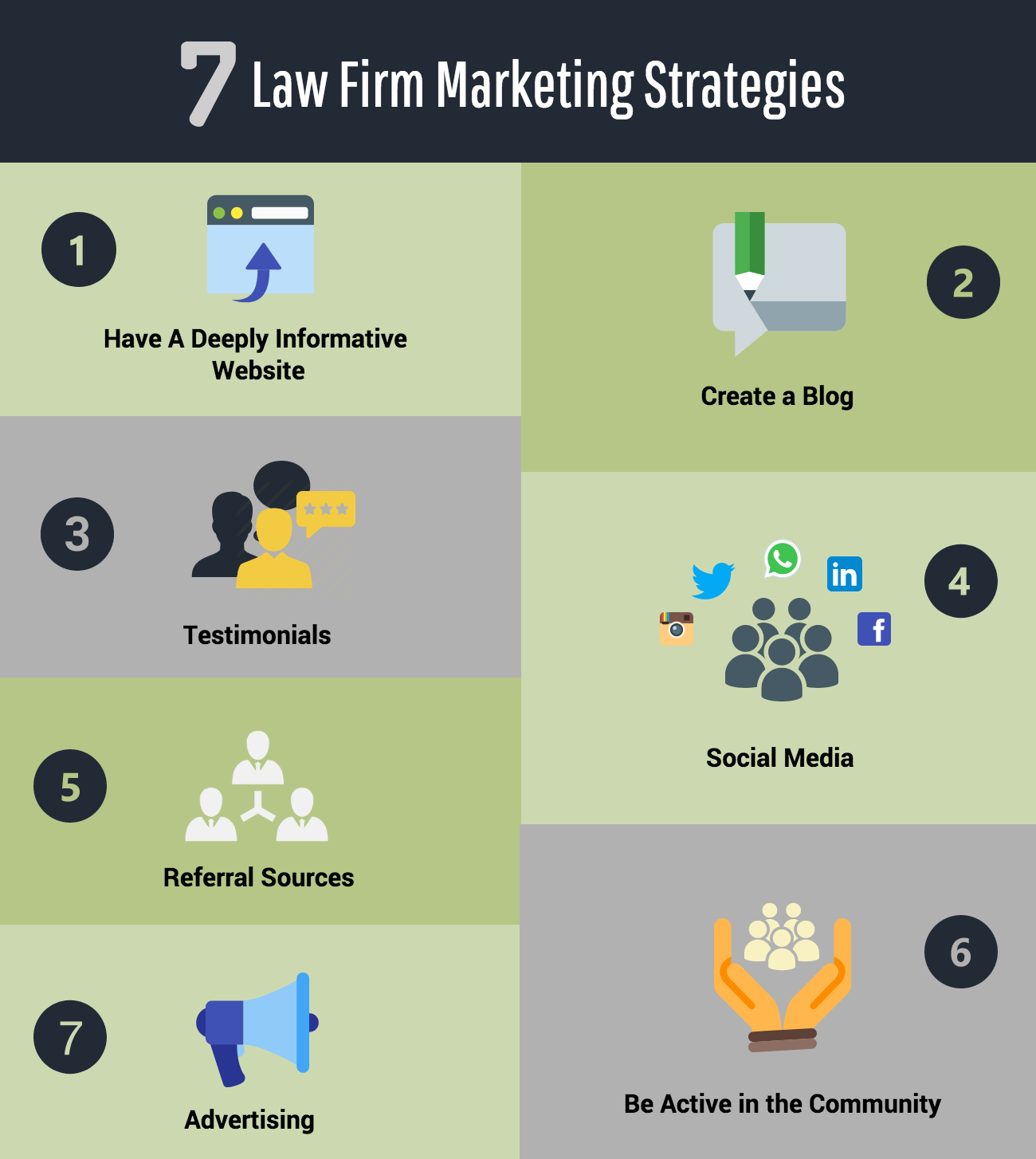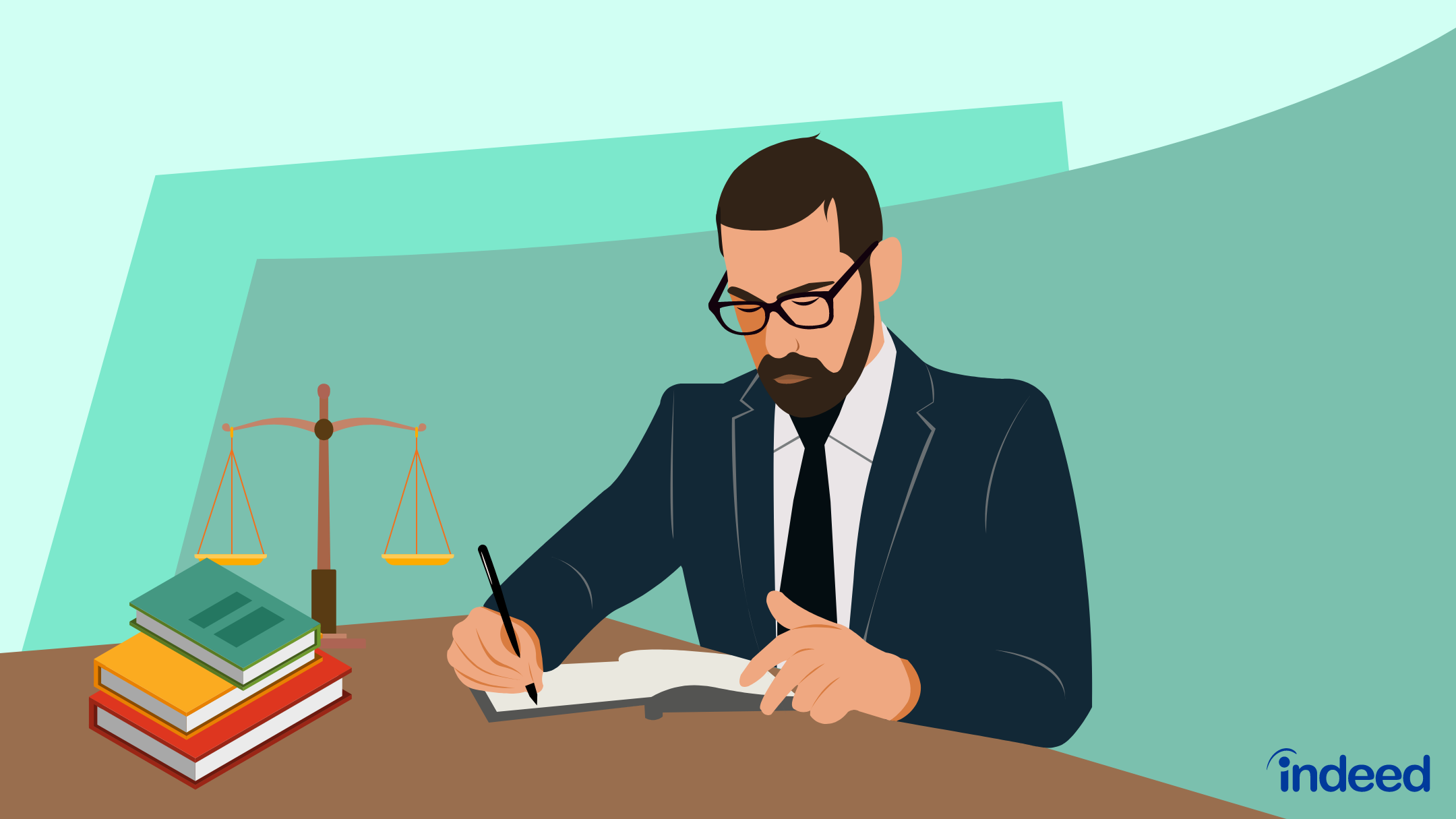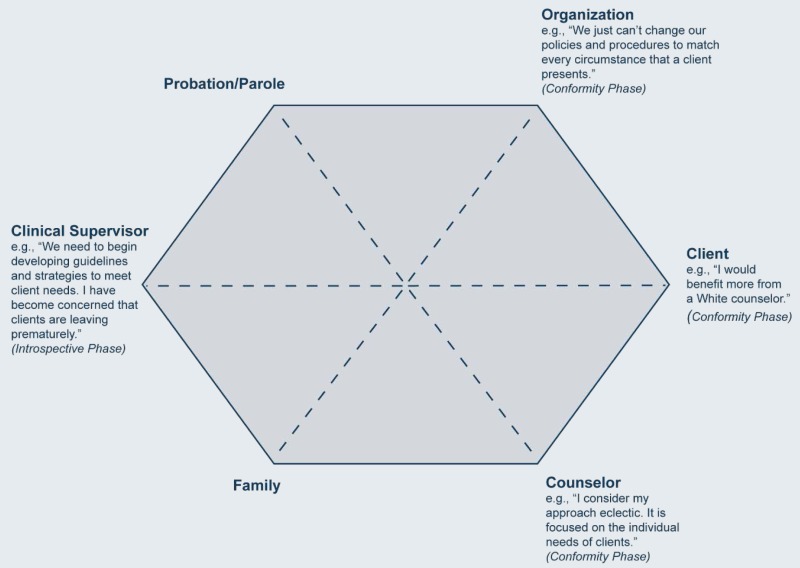
Maximizing Legal Success: Essential Attorney Tips

Maximizing Legal Success: Essential Attorney Tips
In the complex realm of legal practice, attorneys often find themselves navigating a multitude of challenges, from intricate case details to client dynamics. To enhance your effectiveness as a legal professional, consider incorporating these essential tips into your approach.
Cultivate Strong Communication Skills
Effective communication lies at the heart of successful legal practice. Attorneys must not only be adept at articulating legal concepts but also excel in conveying complex information to clients. Developing strong interpersonal skills and the ability to simplify legal jargon will contribute significantly to client satisfaction and overall success.
Stay Informed About Legal Developments
Law is a dynamic field, subject to constant evolution. Attorneys must stay abreast of the latest legal developments, precedents, and legislative changes. Regularly attending legal seminars, subscribing to legal publications, and participating in professional networks can help attorneys stay well-informed and better serve their clients.
Prioritize Time Management
The legal profession often demands impeccable time management skills. Attorneys must balance multiple cases, deadlines, and client expectations simultaneously. Implementing effective time management strategies, such as prioritizing tasks and delegating when necessary, can enhance efficiency and productivity.
Build a Robust Professional Network
Networking is a cornerstone of success in the legal industry. Cultivating relationships with fellow attorneys, judges, and other legal professionals not only expands your knowledge base but also creates opportunities for collaboration and referrals. Actively participating in legal associations and events can contribute to the growth of a robust professional network.
Embrace Technological Advancements
In an era of rapid technological advancement, attorneys must leverage the latest tools and platforms to streamline their workflow. Embracing legal technology can enhance case management, improve research efficiency, and facilitate seamless communication with clients. Staying tech-savvy is essential to remain competitive in the modern legal landscape.
Uphold Ethical Standards
Maintaining the highest ethical standards is non-negotiable in the legal profession. Attorneys play a crucial role in upholding justice and the rule of law. Adhering to ethical principles not only preserves your professional reputation but also fosters trust with clients, colleagues, and the broader legal community.
Attorney Tips: A Valuable Resource
For additional insights and expert advice on navigating the intricacies of legal practice, consider exploring the comprehensive tips provided by legal professionals at Attorney Tips. This valuable resource offers practical guidance on various aspects of the legal profession, ensuring that attorneys stay well-equipped to tackle the challenges they may encounter.
In conclusion, maximizing legal success requires a multifaceted approach that encompasses effective communication, staying informed, adept time management, building professional networks, embracing technology, and upholding ethical standards. By incorporating these essential tips into their daily practice, attorneys can position themselves for sustained success and make meaningful contributions to the legal community.











